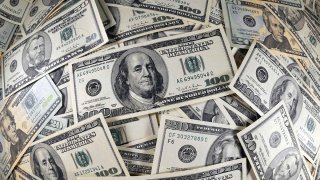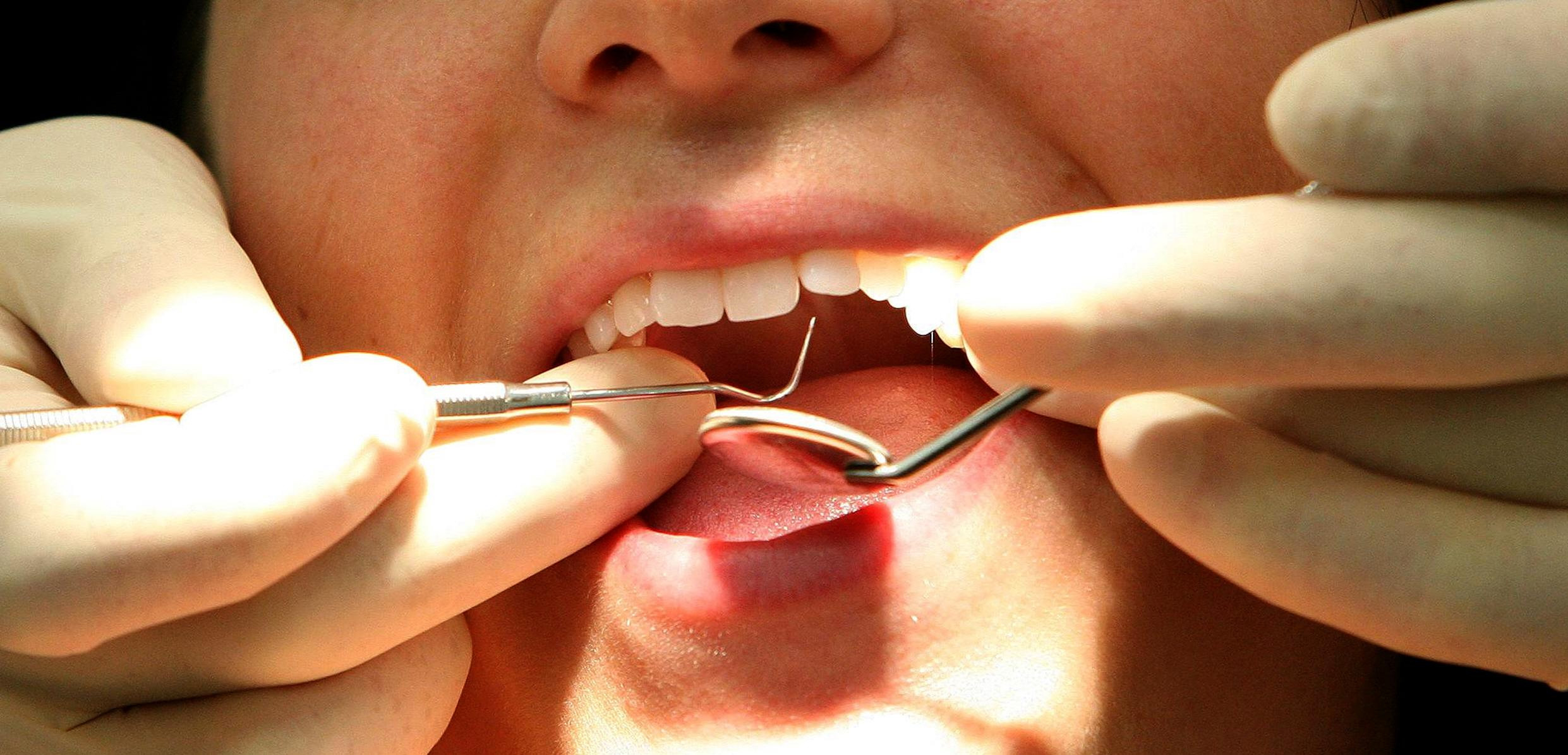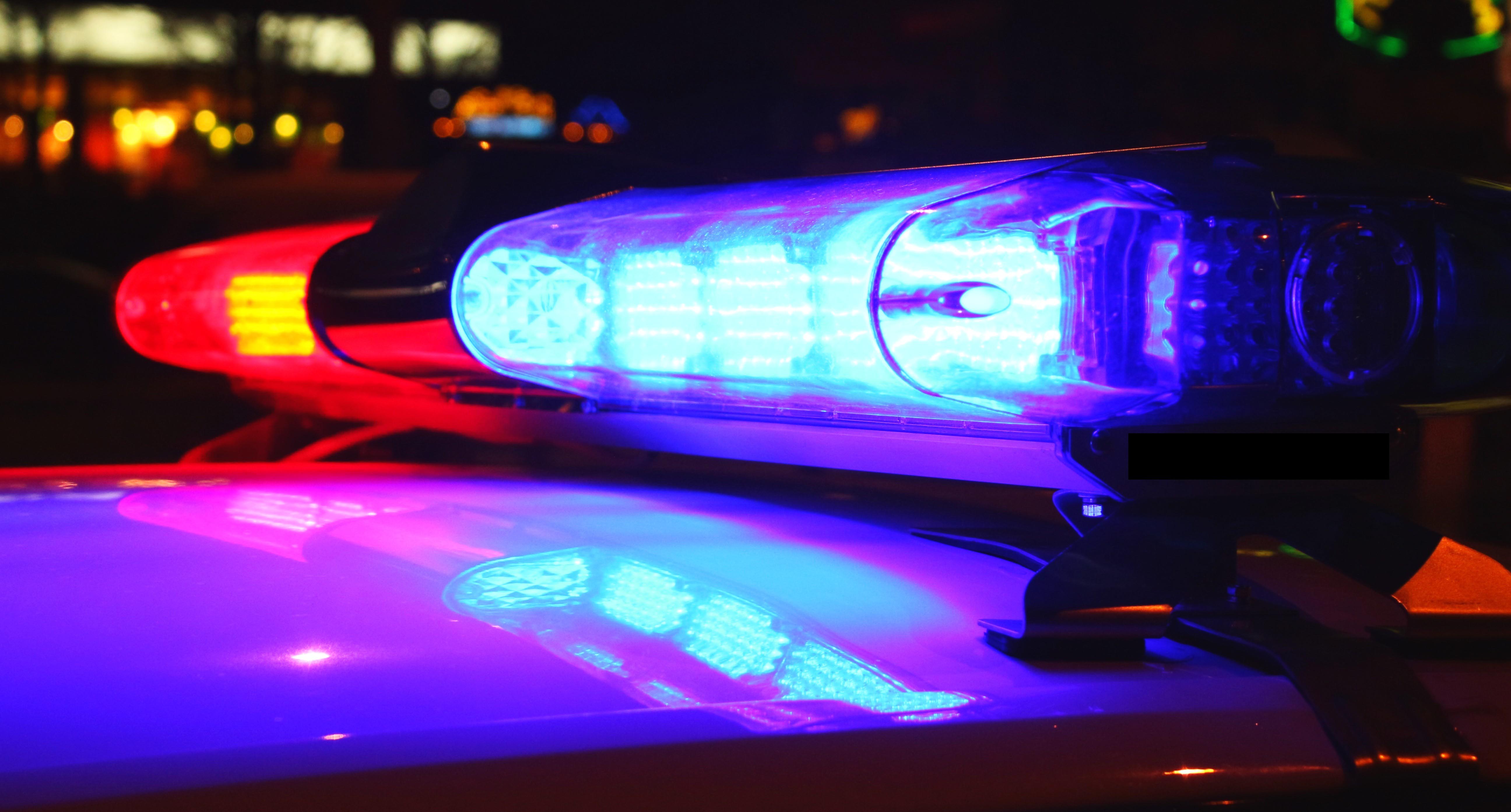
A group of progressive Democrats will push to set a $6,500 limit on the maximum tax credit high-income earners in Massachusetts can receive under a mandatory refund law known as Chapter 62F, taking aim at the policy less than a month before the Baker administration expects to begin shipping out cash.
Cambridge Rep. Mike Connolly filed a bill Wednesday that would reshape the 1986 voter-approved law requiring the state to return excess tax collections on a proportional basis equal to the amount of income tax they paid. The law has only been trigged twice since its passage.
The new legislation would cap any 62F credit at $6,500, roughly the amount a taxpayer who earned $1 million in 2021 will receive in the current batch of refunds. If any taxpayer who earns $1 million or more is due a larger amount, the bill would require the administration to slice off the overage above $6,500 and redistribute it equally to all other taxpayers whose credits do not hit the cap.
Critics of the law, which was last triggered in 1987, argue that the formula puts the state's richest taxpayers in line to receive checks worth tens of thousands of dollars while offering lower-income earners, for whom the refunds would make more of a difference, insignificant amounts.
Get Boston local news, weather forecasts, lifestyle and entertainment stories to your inbox. Sign up for NBC Boston’s newsletters.
"62F delivers a huge cash windfall to the state's top income earners and very little to lower-income workers. If we don't act, roughly 26% of the $2.9 billion excess will go to taxpayers who earned more than $1 million in income in 2021," Connolly wrote in a blog post, linking to research by the left-leaning Massachusetts Budget and Policy Center. "Taxpayers with incomes of $1 million or more will get refunds of about $22,000 on average. On the other hand, taxpayers in the bottom 20% of incomes will get refunds of about $9 on average. In this time of economic hardship for so many, this sort of disparity is unconscionable."
The bill would also make explicit the executive branch's authority to deliver refund checks "to all eligible taxpayers on or after the 2021 tax return filing extension deadline of October 17, 2022." Connolly said that move will align Gov. Charlie Baker's plan with the exact text of Chapter 62F, which calls for excess tax revenues to be returned as a "credit" against tax liability.
Democrat legislative leaders have signaled they do not have much appetite to intervene and change the 62F process before money begins to flow in November -- a step that would be challenging to accomplish since a single objection can stall any bill during the informal sessions on deck for the remainder of the term -- but might be interested in rethinking the formula for future years.
Fellow Democrats Reps. Jamie Belsito of Topsfield and Lindsay Sabadosa of Northampton as well as Sen. Jamie Eldridge of Acton cosponsored the bill. Belsito and Eldridge plan to join Connolly at a press conference Thursday to discuss the topic.



